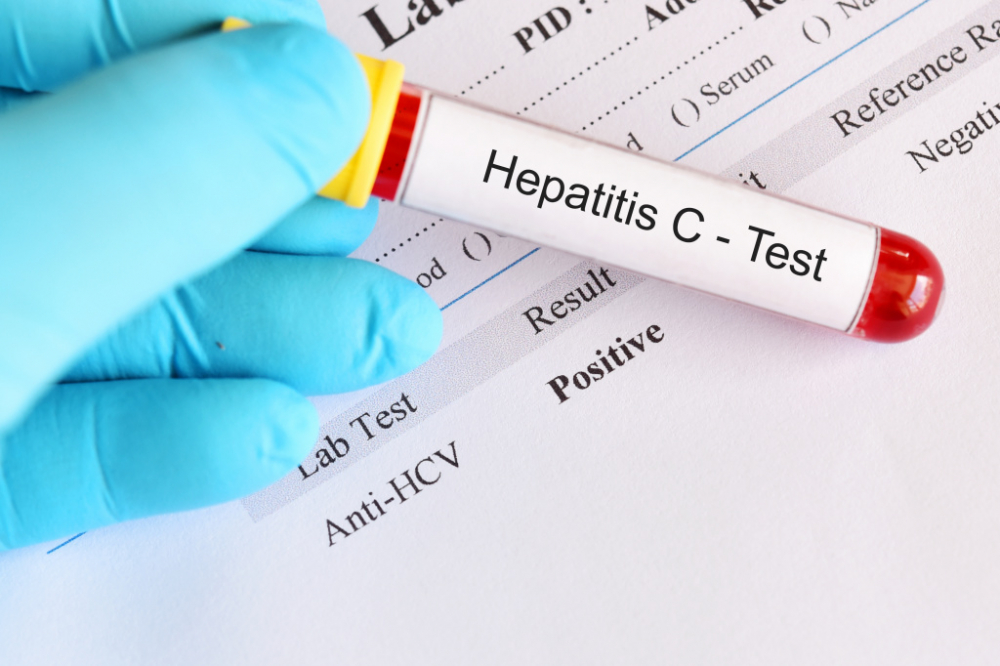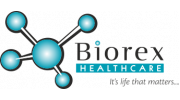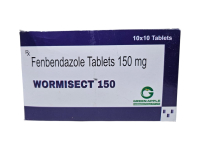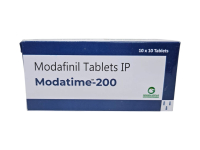
Hepatitis C is asymptomatic in the vast majority of cases. For a long time, only mild malaise and increased fatigue can indicate the presence of infection. If there is a suspicion of the presence of a virus in the body, a diagnostic complex is prescribed, including general studies and a blood test for hepatitis C. A similar diagnosis is carried out before the appointment of antiviral therapy.
Immunoassay (ELISA)
One of the methods for diagnosing the hepatitis C virus is an ELISA test for anti HCV IgM and IgG. Its task is to identify antibodies, their set and quantity. The advantages of this type of diagnostics include high specificity, promptness of obtaining results (no more than 3 days), low risks of obtaining false data.
Anti HCV IgG
Antibodies of this type are detected in the blood of patients whose infection has passed at least 11-12 weeks. This immunoglobulin is present in the blood of patients during the recovery period, after acute hepatitis C and during remission of chronic HCV.
Anti HCV IgM
Immunoglobulins of this group are produced in active phases: during exacerbation of chronic hepatitis C and in the acute course of the disease. It is possible to identify them in the blood, 5-6 weeks after infection.
It is recommended to carry out anti-HCV IgM and IgG ELISA tests at the stage of pregnancy planning, to clarify the stage of the disease, as well as for symptoms indicating possible liver damage. It is important to remember that positive ELISA results indicate only the presence of antibodies, and not the presence of the virus itself. In 15-25% of cases, the presence of HCV IgM and IgG in the blood is a confirmation that the body has coped with the disease on its own.
Polymerase chain reaction (PCR)
The next stage after anti HCV IgM and IgG is the study by the polymerase chain reaction method. With its help, it is possible to identify the RNA of the virus in human blood, to determine the degree of load and the genotype of the disease. There are several types of PCR tests for hepatitis C.
- Qualitative analysis is used to detect the genetic material of the virus in the patient's blood. Hepatitis C test results are reported as "found" or "not found". In the second case, the indicator may turn out to be false negative. This happens in cases where too little time has passed since the moment of infection and the number of pathogens has not reached the level determined during testing.
- Quantitative analysis allows you to determine the concentration of the virus. This indicator plays a key role in the development of an HCV treatment regimen. Decoding of the analysis of hepatitis C by the PCR method is drawn up in a digital value: less than <1.5x10 * 3 IU / ml - the concentration has not reached the lower threshold; <4x10 * 6 IU / ml - an insignificant amount indicating the onset of the disease; > 4x10 * 6 IU / ml - the amount is high; > 2x10 * 8 IU / ml - the concentration is above the linear border.
In addition to the qualitative and quantitative analysis for hepatitis C, genotyping of the disease is carried out. Knowing the genotype, it is possible to accurately predict the response of the virus to treatment with one or another drug and to develop an optimal treatment regimen.
Biochemical blood test for hepatitis C
This type of diagnostics specialists are among the most informative. According to the results of the analysis for hepatitis C, it is possible to determine the degree of organ damage and assess the general condition of the patient. The most important indicators in this laboratory study are bilirubin, AST and ALT.
Bilirubin
Normally, the amount of bilirubin in the blood should not exceed 19.8 μmol / L. An increase in the concentration of pigment indicates the activation of the process of decay of erythrocytes and the presence of hepatic pathologies in the patient. Icteric syndrome occurs when the bilirubin level increases above 30 μmol / l. The result of the analysis for hepatitis C with indicators from 30 to 86 μmol / l is confirmation of mild, 87-160 μmol / l - medium, over 160 μmol / l - severe form of hyperbilirubinemia.
ALT and AST
They are enzymes produced by the liver. With HCV, their level rises rapidly and enzymes go to the limits of the affected organ. The rate of AST and ALT in men and women is different. The AST level in women should be no more than 30 IU / L, in men, the result of an analysis for hepatitis C normally reaches 45 IU / L. For AST indicators, the norm is set in the range of 30 and 47 IU / l, respectively.
Protein
The concentration of protein in the blood is influenced by the process of synthesis and decay of the two main fractions. The norm is the protein content in the blood in the range of 66-83 g / l. If, when decoding the tests for hepatitis C, a decrease in the indicator is revealed, one can suspect the presence of hepatitis or cirrhosis.
Additional research
Additionally, the de Ritis coefficient can be calculated, which is the ratio between ASI and ALT. In addition, changes in the content of creatinine, as well as an increase in the content of triglycerides, may indicate the development of pathologies. At the same time, do not forget that an excess of the fat rate may indicate diabetes or obesity. The result of the analysis for hepatitis C for creatinine content of 39.9-72 μmol / l is normal. For triglycerides, the indicator is set at 3.62 μmol / l.
Preparation and delivery of blood tests for hepatitis C
The composition of the blood depends on many factors: the state of the person; time of day; eating, etc. That is why preparation is necessary to obtain a reliable transcript of a blood test for hepatitis C. Before donating blood, it is recommended:
- for 2-3 days, exclude the use of alcohol, as well as fatty and fried foods;
- during the day it is recommended to avoid stress and excessive physical exertion;
- for 8 hours before taking the test for hepatitis C, you should refuse to take any food.
Also, experts recommend to suspend taking any medications. If this is not possible, the attending physician should be notified.
Patients who have been tested for hepatitis C disease should not be discouraged. Modern medicine has the means to fight the virus - drugs based on sofosbuvir, daclatasvir, velpatasvir and ledipasvir. Medicines have passed all the necessary stages of research and confirmed the effectiveness of antiviral therapy.






























